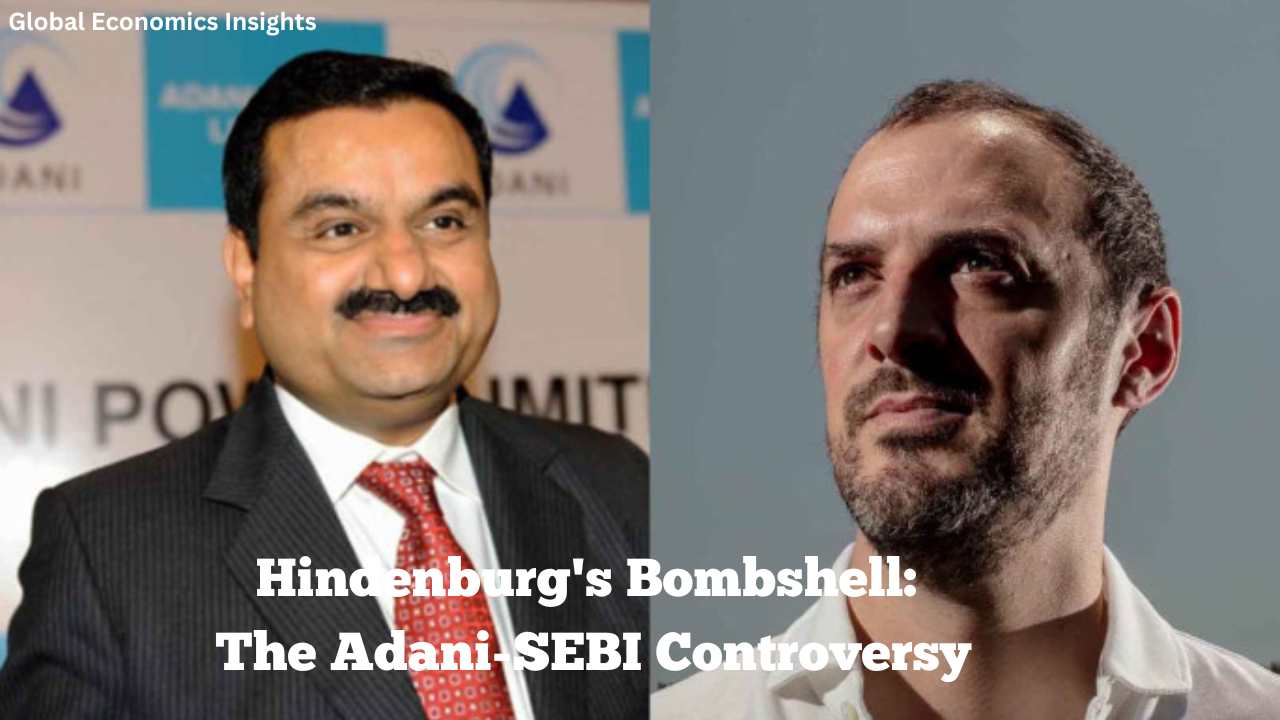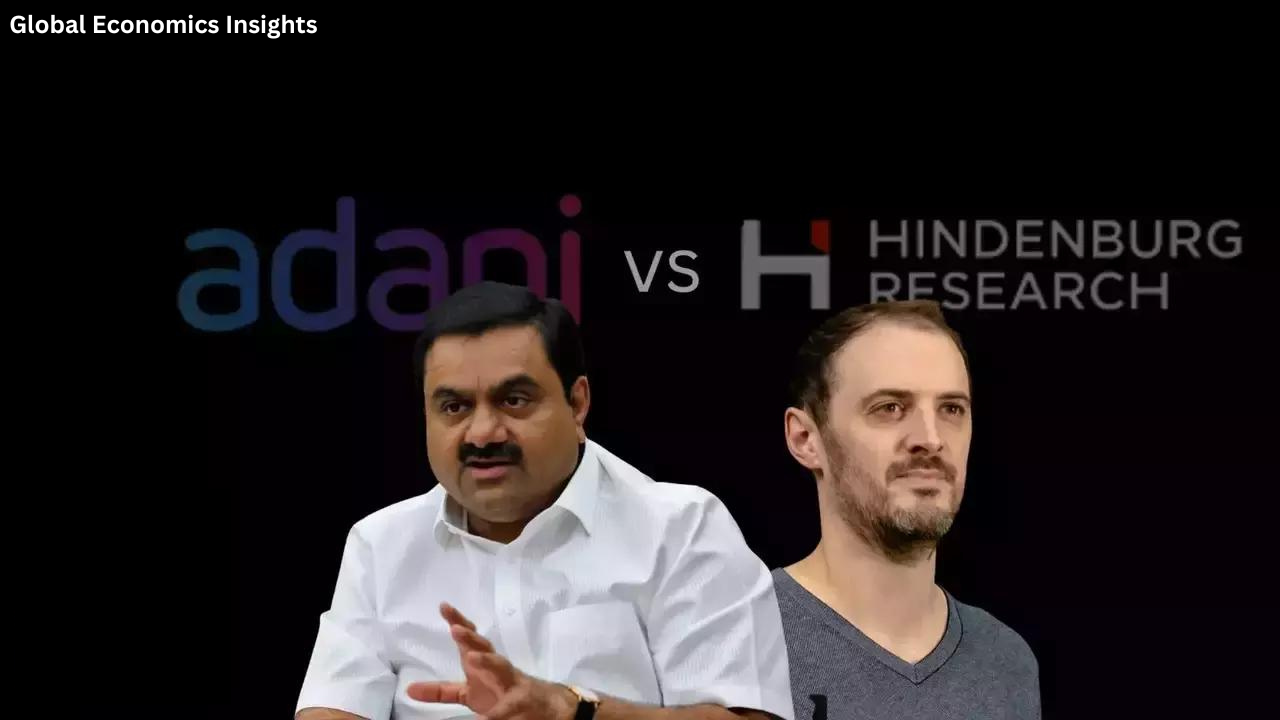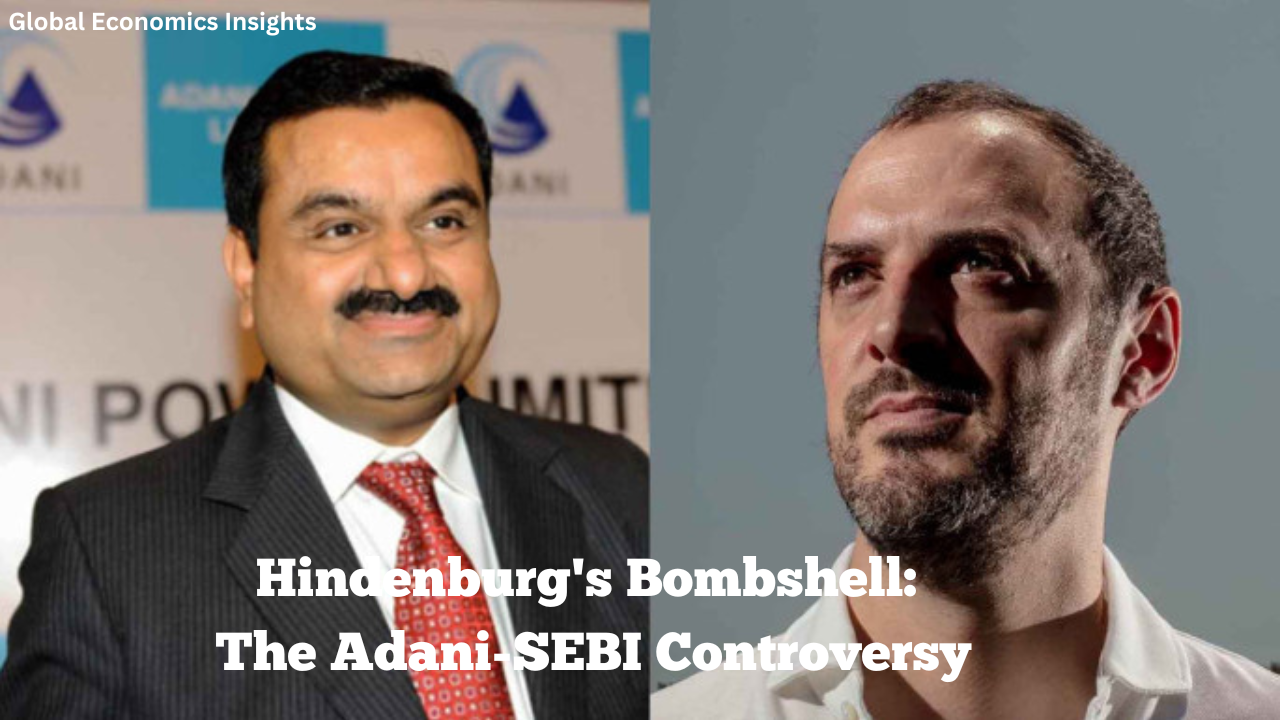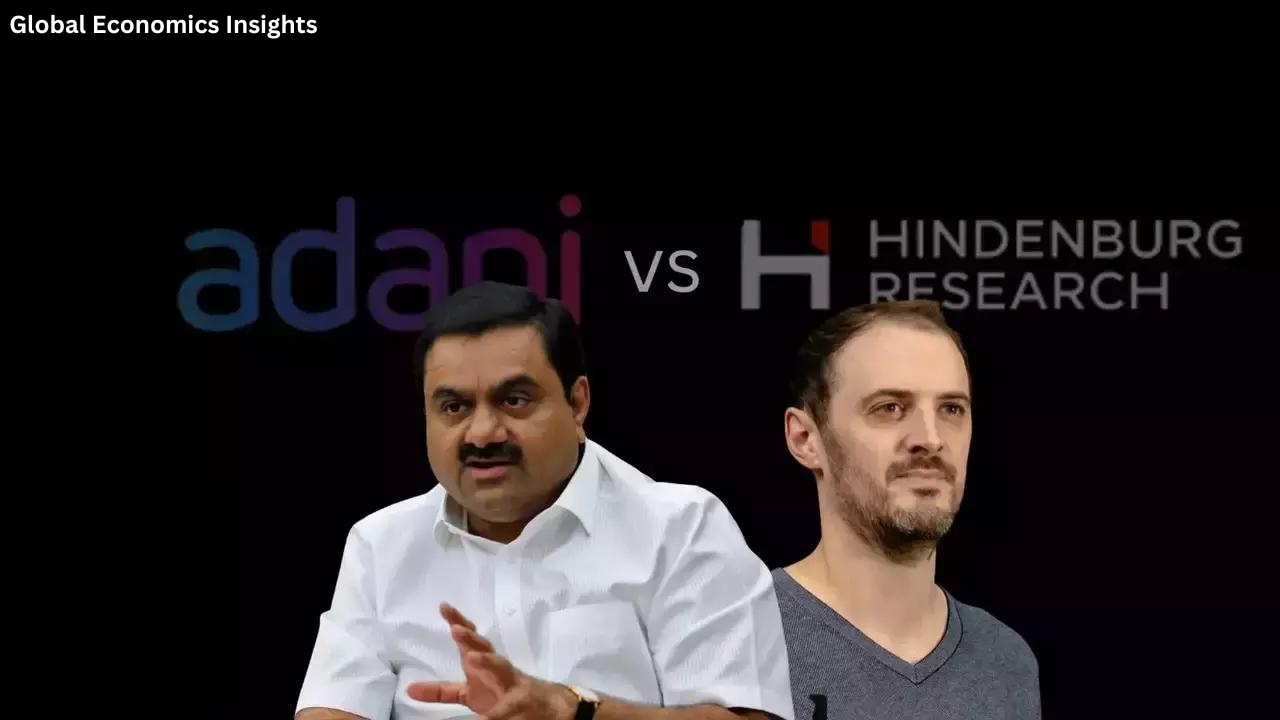The Indian corporate landscape was rocked when Hindenburg Research, a US-based short-seller, released a damning report targeting the Adani Group, a conglomerate with significant influence in India. The report alleged a host of financial irregularities, stock manipulation, and accounting fraud. At the heart of this controversy is the Securities and Exchange Board of India (SEBI), led by Chairperson Madhabi Puri Buch, who has come under scrutiny for its handling of the investigation. Let’s delve into the details of the Hindenburg vs SEBI clash and explore the implications of this high-stakes battle.
Hindenburg’s Allegations against SEBI
Conflict of Interest Accusations against SEBI Chair
At the core of Hindenburg’s allegations against SEBI is the claim of a conflict of interest involving SEBI Chairperson Madhabi Puri Buch. The report alleges that Buch and her husband held investments in offshore funds that were also used by the Adani Group for alleged financial maneuvering.
Hindenburg’s report delves into specific details, claiming that Buch and her husband invested in a Bermuda-based Global Opportunities Fund, which has been linked to the Adani Group. The short-seller alleges that this fund was used to channel money into Adani Group companies through a complex web of offshore entities. The timing of these investments, particularly in relation to Buch’s appointment as SEBI Chair, has raised eyebrows and fueled suspicions.
Further, Hindenburg points a finger at Agora Partners, an offshore consulting firm connected to Buch’s husband. The report alleges that Agora Partners had business dealings with entities linked to the Adani Group, potentially creating a conflict of interest situation. These allegations paint a picture of a cozy relationship between SEBI and the Adani Group, raising questions about the regulator’s independence and objectivity.
Delay in Adani Investigation: A Central Allegation
Beyond the allegations of conflict of interest, Hindenburg has leveled serious accusations against SEBI regarding the pace of its investigation into the Adani Group. The report contends that SEBI has been unusually lenient towards the conglomerate, allowing it to manipulate the market and engage in fraudulent activities.
Hindenburg highlights the stark contrast between SEBI’s approach to the Adani investigation and its actions in other cases of alleged market manipulation. The short-seller argues that SEBI has been remarkably slow in its probe into the Adani Group, despite the gravity of the allegations. This leniency, according to Hindenburg, raises questions about the regulator’s commitment to protecting investor interests.
The report further underscores the fact that the Adani Group has a history of aggressive market tactics, including stock price manipulation and the use of related-party transactions. Hindenburg asserts that SEBI’s failure to take decisive action against these practices has emboldened the conglomerate to continue its alleged misconduct. The short-seller emphasizes the importance of a swift and thorough investigation to restore investor confidence and prevent future market abuses.
SEBI’s Response to Hindenburg Allegations
Faced with the barrage of accusations, SEBI has mounted a defense, vehemently denying the allegations leveled against it and its chairperson. The regulator has emphasized its independence and the transparency of Buch’s financial dealings.
SEBI has asserted that it conducted thorough investigations into the Adani Group, with the majority of the probes already completed. The regulator has dismissed the conflict of interest allegations as a “red herring,” designed to distract from the core issues. SEBI has also questioned Hindenburg’s credibility, labeling the short-seller as a “discredited” entity.
In its response, SEBI has highlighted the steps taken to investigate the Adani Group, including the issuance of show-cause notices to certain entities. The regulator has sought to reassure investors, urging them to remain calm and exercise due diligence before reacting to the allegations.
While SEBI has denied the core accusations, the Hindenburg report has undoubtedly raised concerns about the regulator’s independence and effectiveness. The public is closely watching the unfolding drama, and the outcome of the investigations will have far-reaching implications for the Indian financial markets.
Public Reaction and Market Impact
The Hindenburg report sent shockwaves through the Indian financial markets, triggering a sharp decline in the share prices of Adani Group companies. Investor confidence was severely shaken as the allegations of fraud and market manipulation raised concerns about the integrity of the Indian corporate landscape.
The controversy has sparked intense public debate, with opinions sharply divided. While some support Hindenburg’s claims and call for a thorough investigation, others defend the Adani Group and criticize the short-seller’s motives. The role of SEBI in this saga has also come under scrutiny, with many questioning the regulator’s independence and effectiveness.
The broader implications of the Hindenburg-Adani controversy extend beyond the financial markets. The case has raised concerns about corporate governance practices in India and the need for stricter regulations to prevent market manipulation. It has also put a spotlight on the role of foreign investors in the Indian economy and the potential risks associated with such investments.
Conclusion
The Hindenburg-SEBI standoff is a saga that has gripped the nation’s attention, with far-reaching implications for the Indian financial landscape. The allegations of conflict of interest and regulatory lapses have raised serious questions about corporate governance and investor protection. As the investigation unfolds, it is crucial for SEBI to act decisively to restore investor confidence and maintain the integrity of the Indian capital markets. The outcome of this case will shape the future of the Indian financial ecosystem for years to come.
Frequently Asked Questions
To help you understand the complexities of the Hindenburg vs SEBI case, we’ve compiled a list of frequently asked questions.
- What are the main allegations against SEBI?
Hindenburg Research has accused SEBI of conflict of interest involving its chairperson, Madhabi Puri Buch, and of delaying the investigation into the Adani Group.
- How has the Adani Group responded to Hindenburg’s report?
The Adani Group has vehemently denied all allegations, claiming that Hindenburg’s report is a malicious attempt to manipulate the stock price.
- What is the potential impact of this controversy on the Indian economy?
The controversy has shaken investor confidence and could lead to capital flight if not handled properly. It also raises concerns about the regulatory environment in India.
- What steps has SEBI taken to address the allegations?
SEBI has denied the allegations, asserting its independence and the transparency of Buch’s financial dealings. The regulator has also initiated investigations into the Adani Group.
- What is the role of the government in this matter?
The government has expressed confidence in SEBI’s ability to conduct a fair and impartial investigation. However, the government’s stance on the matter is closely watched by investors and the public.




